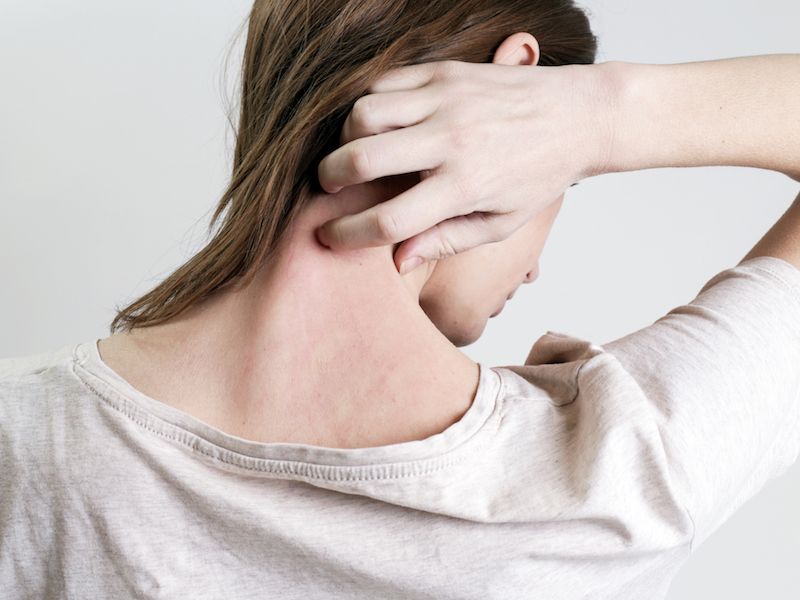
When you think about psoriasis, you most likely think about all those commercials depicted people with skin issues. Psoriasis goes beyond skin problems and really affects your general health. Psoriasis is often misunderstood and minimized, due to a lack of knowledge of how psoriasis impacts sufferers as well as the serious conditions that can be related to this disorder. Though plaques on the skin are its most apparent sign, they’re indicative of what psoriasis can cause in the whole body: The risk of metabolic disorders that are increased by persistent inflammation and cardiovascular disease.
Psoriasis is also linked to another issue according to a different recent study: Hearing loss. Published in The Journal of Rheumatology, this research evaluated connections between psoriatic arthritis, mental health, and hearing impairment. Psoriatic arthritis has an affect on the joints, and is a type of psoriasis, causing discomfort, difficulty with movement, and inflammation. Affected individuals could also have psoriasis, but with psoriatic arthritis, it’s possible to have irritation without also experiencing the common plaques.
Like rheumatoid arthritis (and like psoriasis), psoriatic arthritis is an autoimmune disease, the sufferer’s body is basically targeting its own healthy cells. But as opposed to rheumatoid arthritis, you might have psoriatic arthritis on only one knee due to the fact that it’s asymmetrical, and that besides joints, it often targets sufferer’s nails (resulting in painfully swollen toes and fingers) and eyes.
Based on the findings of this recent study, inflammation caused by psoriatic arthritis might also impact hearing. A significant control group of people with neither psoriasis or psoriatic arthritis were contrasted against people who had one or the other condition. They found that the group with psoriatic arthritis was more likely to report hearing impairment, and those reports were backed by audiometric screening. Even when controlling for other risk considerations, psoriatic arthritis sufferers were significantly more prone to suffer from loss of hearing than either {the control group or psoriasis sufferers}.
But that’s not to say there’s no connection between psoriasis, psoriatic arthritis and loss of hearing. A 2015 study discovered that people who have been diagnosed with psoriasis are at a substantially higher danger of developing sudden sensorineural loss of hearing, or sudden deafness. With sudden sensorineural hearing loss, people’s ability to hear diminishes significantly in three days or less. There are numerous likely causes for this, but researchers think that sudden psoriasis flare-ups may be to blame. The hearing could be diminished if this takes place around or in the cochlea. This type of hearing loss, in many circumstances, can be aided by treatments that alleviate psoriasis., but hearing aids are often recommended when sudden deafness does not react to other treatments.
If you have psoriasis or psoriatic arthritis, it’s essential to observe your hearing. Plan regular hearing tests along with your yearly health-care checkups. The inflammation due to these diseases can lead to damage of the inner ear, which can result in loss of hearing and troubles with balance. There are also links between psoriasis, psoriatic arthritis, depression and anxiety, which can both aggravated hearing loss. Hearing loss is a condition you want to catch sooner rather than later because neglected hearing loss can lead to other health problems including dementia.
Recognition is key, and cooperating with your doctors and periodically having your hearing evaluated can assist you in keeping in front of symptoms with timely intervention. Neither hearing loss nor psoriasis should cause you to compromise your standard of living, and all the difference is having the right team on your side.